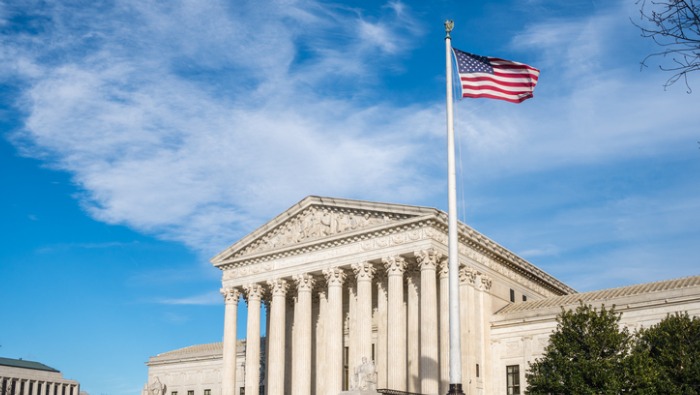The U.S. Supreme Court (SCOTUS) recently ruled on the standard for undue hardship in a religious accommodation case. In a unanimous decision, SCOTUS stated that “showing more than a de minimis cost” does not suffice to establish undue hardship under Title VII of the Civil Rights Act of 1964 (Title VII). Title VII left it to the court to specifically define undue hardship. In brief, the recent decision further clarified the standard for determining undue hardship set by an earlier SCOTUS decision. Last month, the Supreme Court gave a split decision that essentially preserved the benefits of arbitration during appeals.
Religious Accommodation Under Title VII
One of seven protected classes under Title VII, individuals with sincerely held religious beliefs are protected from employment discrimination. The law applies not only to traditional organized religions, like Christianity, Buddhism, and Islam, but to any other sincerely-held religious, ethical, or moral belief. Barring undue hardship on a business, an employer with 15 or more employees must reasonably accommodate an individual’s religious beliefs or practices. In brief, this entails making reasonable changes in the workplace to eliminate a barrier that prevents a covered individual from performing a job or receiving job-related benefits. Examples of a religious accommodation may include:
- altering an employee’s schedule so that they can attend church, or
- suspending a portion of a dress code so that an employee can wear traditional facial hair.
In TWA v. Hardison, 432 U.S. 63 (1977), SCOTUS ruled that if an employee’s religious accommodation requires a “more than de minimis cost,” it would qualify as an undue hardship to the employer’s business.
Background of the Religious Accommodation Case
In Groff v. DeJoy, the employer denied a U.S. Postal Service (USPS) mail carrier a religious accommodation to not work on Sundays making deliveries on behalf of Amazon. The employer tried to find alternate carriers to cover the employee’s Sunday shifts but was not always successful. Subsequently, the employee requested a total exemption from Sunday work for religious reasons. The employer declined, citing that the request would impose an undue hardship on the business. The employee sued the employer for religious discrimination under Title VII. However, rulings in both a U.S. District Court and the U.S. Court of Appeals for the Third Circuit (Third Circuit) favored the employer. According to the Third Circuit, the requested accommodation “imposed on [the employee’s] coworkers, disrupted the workplace and workflow, and diminished employee morale,” constituting undue hardship.
Supreme Court Rules on Undue Hardship
On June 29th, 2023, SCOTUS ruled in the case, further clarifying the standard for determining undue hardship set by TWA v. Hardison. SCOTUS stated that an employer showing “more than a de minimis cost” does not suffice to establish undue hardship. According to the ruling, SCOTUS now “understands Hardison to mean that ‘undue hardship’ is shown when a burden is substantial in the overall context of an employer’s business.” In other words, the employer that denies a religious accommodation must show that it would have resulted in “substantial increased costs in relation to the conduct of its particular business.” SCOTUS left it to the lower courts to apply this standard depending on the context of a specific case. Therefore, lower courts will take into account relevant factors like the size and operating cost of an employer when applying the undue hardship test in future religious accommodation cases.


I lost my home due to hardships for religious discrimination actions occurred on my job in 2009. Will this law accommodate me for pass issues that lead to due hardships.
“Religious Accommodations” here refers to a covered employer (15 or more employees) making reasonable changes, upon request of the covered individual, in the workplace to eliminate a barrier that prevents a qualifying individual from performing a job or receiving job-related benefits unless that religious accommodation would cause an undue hardship to the employer’s business. The recent SCOTUS decision clarifies the “undue hardship” standard for employers.